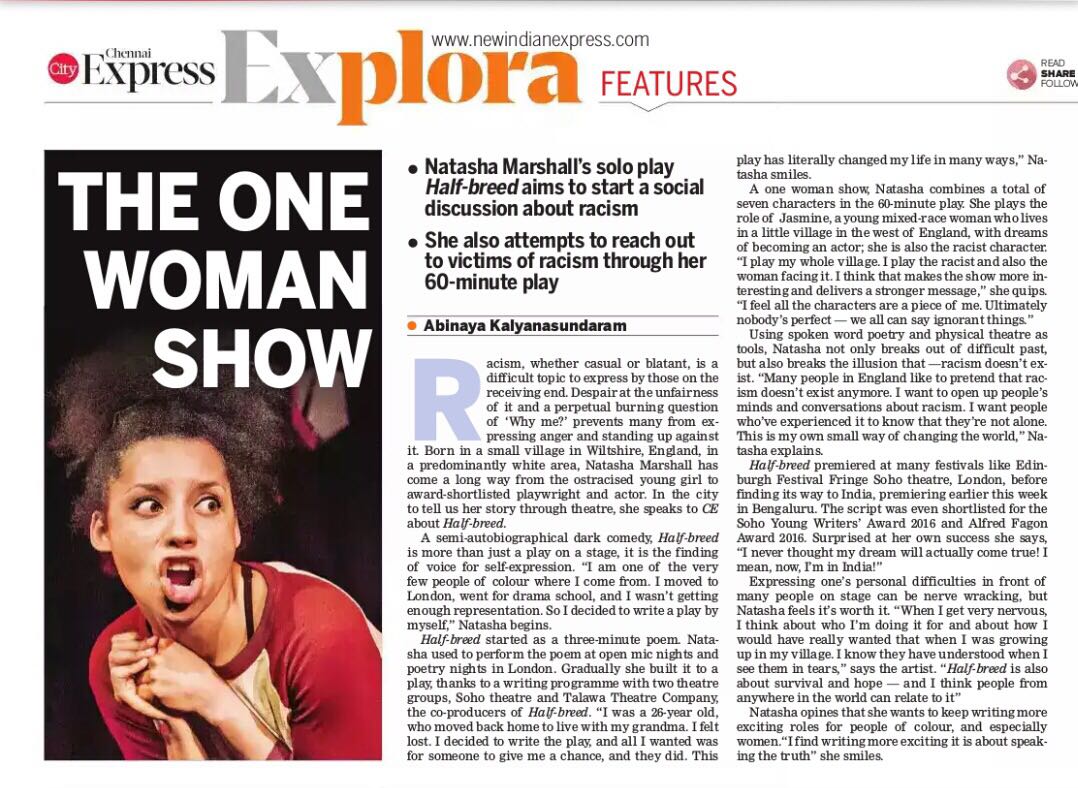Race, Nation, and Refuge: The Rhetoric of Race in Asian American Citizenship CasesPosted in Asian Diaspora, Books, History, Law, Media Archive, Monographs, United States on 2017-11-09 03:16Z by Steven |
Race, Nation, and Refuge: The Rhetoric of Race in Asian American Citizenship Cases
State University of New York Press
October 2017
318 pages
Hardcover ISBN13: 978-1-4384-6661-3
Doug Coulson, Assistant Professor
Department of English
Carnegie Mellon University, Pittsburgh, Pennsylvania
Explores the role of rhetoric and the racial classification of Asian American immigrants in the early twentieth century.
From 1870 to 1940, racial eligibility for naturalization in the United States was limited to “free white persons” and “aliens of African nativity and persons of African descent,” and many interpreted these restrictions to reflect a policy of Asian exclusion based on the conclusion that Asians were neither white nor African. Because the distinction between white and Asian was considerably unstable, however, those charged with the interpretation and implementation of the naturalization act faced difficult racial classification questions. Through archival research and a close reading of the arguments contained in the documents of the US Bureau of Naturalization, especially those documents that discussed challenges to racial eligibility for naturalization, Doug Coulson demonstrates that the strategy of foregrounding shared external threats to the nation as a means of transcending perceived racial divisions was often more important to racial classification than legal doctrine. He argues that this was due to the rapid shifts in the nation’s enmities and alliances during the early twentieth century and the close relationship between race, nation, and sovereignty.
Table of Contents
- Acknowledgments
- Introduction
- 1. Mongolian Invaders, the Bureau of Naturalization, and Ozawa
- 2. The Ghadr Party and the Indian Caste System in Thind
- 3. The Armenian Genocide, Martyrdom, and Cartozian
- 4. World War II Alliances in Asia and the End of Racial Eligibility for Naturalization
- Conclusion
- Race, Sovereignty, and Transcendence
- Notes
- Bibliography
- Index







